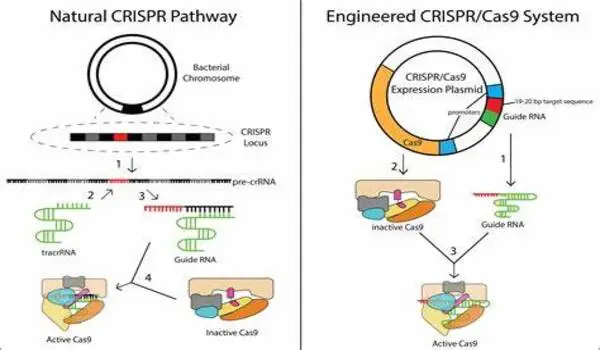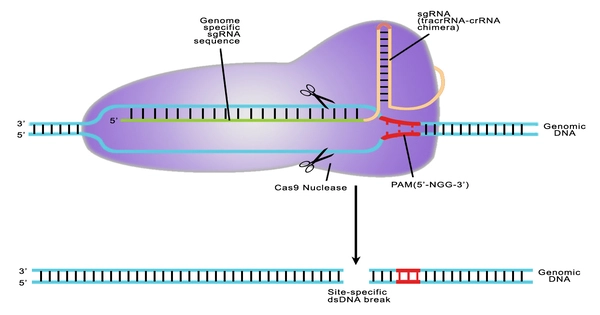The advent of revolutionary genome editing techniques has transformed the area of precision medicine, providing unprecedented opportunities to treat diseases at the molecular level. Techniques like CRISPR-Cas9 have emerged as potent tools for precisely editing DNA sequences, allowing researchers to fix genetic mutations linked to a variety of disorders.
Until now, traditional genome editing has been limited in its ability to achieve ultimate precision. Prof. Buchholz’s team has overcome this hurdle by developing a zinc-finger conditioned recombinase, which has long been desired. This novel strategy entails incorporating a zinc-finger DNA-binding domain into specifically engineered recombinases. These enzymes are dormant until the DNA-binding domain interacts with its target site, which is close to the recombinase binding area.
This achievement is significant because it combines two fundamental strengths: the targeting ease of programmable nucleases with the precise DNA editing capabilities of recombinases. This approach overcomes the constraints of current genome editing techniques and holds great promise for therapeutic gene editing and other medicinal applications.
This breakthrough represents a harmonization of existing genome editing tools, allowing us to create precision enzymes independent of natural DNA repair mechanisms. This represents a huge step toward a safer and more versatile strategy to rectifying disease-causing genetic abnormalities, with enormous advantages for many individuals.
Prof. Buchholz
Prof. Buchholz expresses his excitement, saying, “This breakthrough represents a harmonization of existing genome editing tools, allowing us to create precision enzymes independent of natural DNA repair mechanisms.” This represents a huge step toward a safer and more versatile strategy to rectifying disease-causing genetic abnormalities, with enormous advantages for many individuals.”
This pioneering work opens new horizons in genome surgery and promises a safer, more precise approach to treating genetic disorders. The implications of this breakthrough extend far and wide, potentially transforming the landscape of medicine as we know it.
Genome editing allows for targeted correction of genetic mutations responsible for diseases like cystic fibrosis, sickle cell anemia, and muscular dystrophy. By editing the defective genes, researchers aim to restore normal cellular function and potentially cure these disorders.

In this context, Professor Esther Troost, the Dean of the Faculty of Medicine at TU Dresden, emphasizes, “The Faculty of Medicine at TU Dresden is setting new standards for innovative medicine with groundbreaking genome editing tools. Under the leadership of Prof. Frank Buchholz, the research team is breaking traditional boundaries and paving the way for specialized gene therapy applications.”
Building on these advances, Seamless Therapeutics GmbH, a biotechnology business spun out of the Buchholz lab, will apply these new insights to therapeutics. Seamless has signed an exclusive licensing agreement with the TU Dresden for this novel technology, which will allow the company to expand their recombinase platform and change the paradigm of gene editing by developing a pipeline of disease-modifying product candidates across a wide range of indications.
















